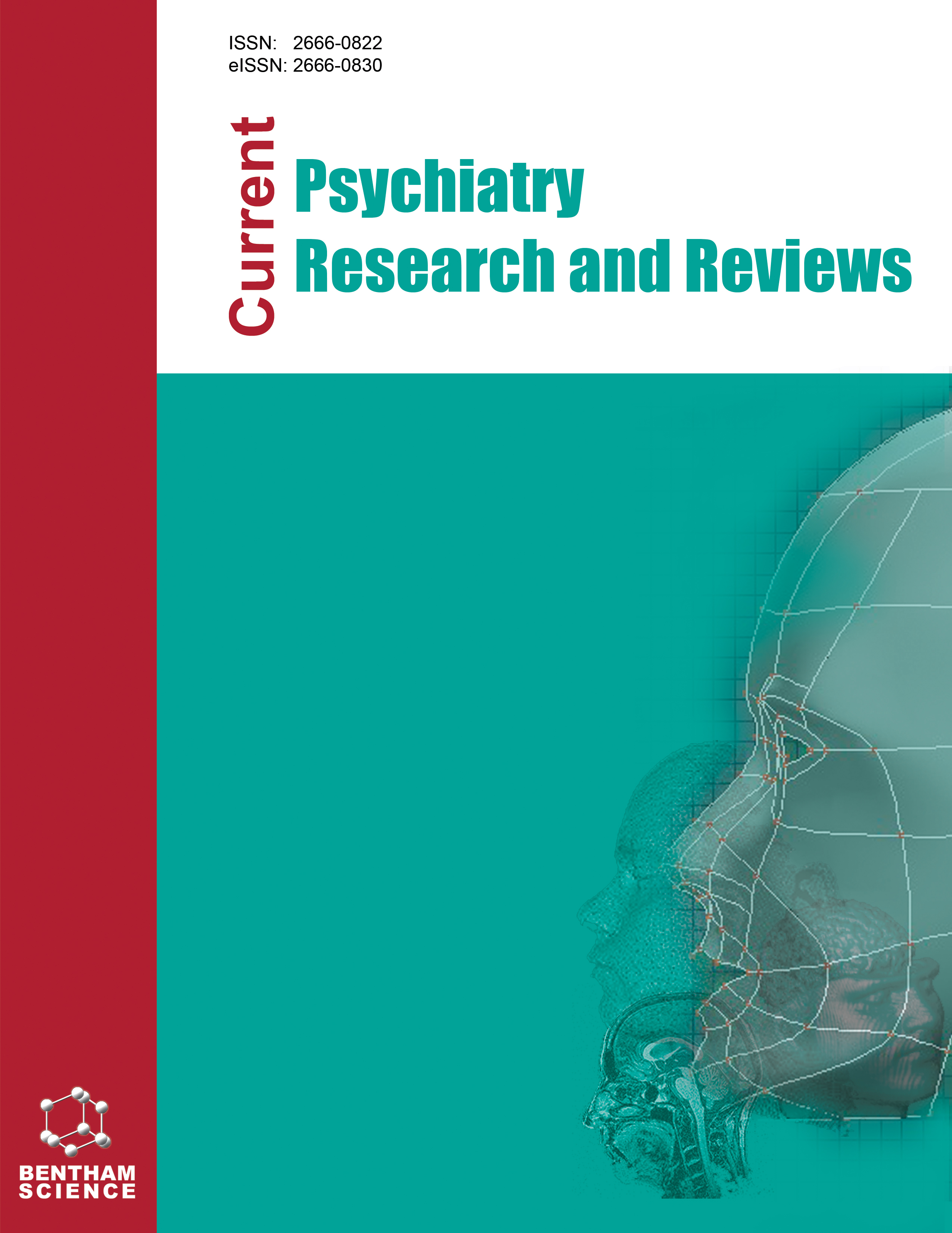
Full text loading...

Addressing the cognitive factors affecting mental health in medical students' education is vital for training healthy professionals who can provide safe, high-quality patient care.
This study aimed to investigate the relationship between cognitive errors and mental health status among clinical medical students.
This cross-sectional descriptive-analytical study was conducted on 107 clinical medical students at Jiroft University of Medical Sciences in 2023 using the census method. Data were collected using the Beck Depression Inventory, Spielberger Trait Anxiety Inventory, and Ellis Cognitive Errors Questionnaire. The data were analyzed in SPSS-22 using descriptive and inferential statistics, with a significance level set at p < 0.05.
The mean scores for depression and anxiety among students were 37.5 and 51.1, respectively, falling within the severe range. The mean cognitive error score was 61.6, which falls within the extreme range, indicating a high frequency of cognitive distortions. The most prevalent cognitive error was “should-better” (33.6%), while the least common was “mental filter” (13.1%). A significant positive correlation was observed between cognitive errors and both depression and anxiety scores, as well as between depression and anxiety scores (p < 0.05).
The findings reveal a concerning mental health profile among medical students, marked by severe depression and anxiety levels. The study further demonstrates a significant association between cognitive distortions and psychological distress in this population.

Article metrics loading...

Full text loading...
References


Data & Media loading...